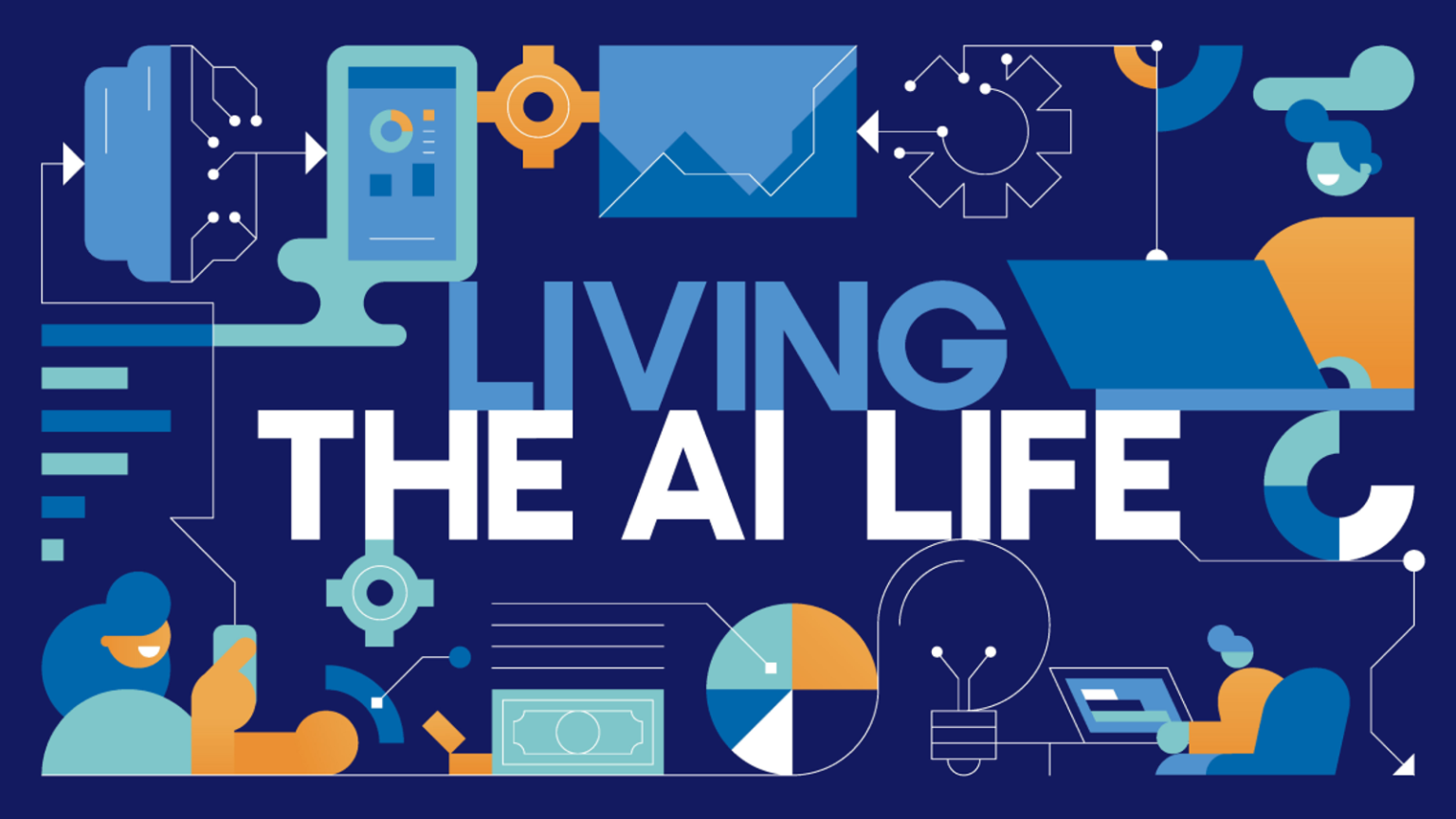Artificial intelligence (AI) has become an increasingly prevalent force in today’s world, impacting various aspects of daily life. From virtual assistants like Siri and Alexa to automated cars and predictive algorithms, AI is revolutionizing the way we interact with technology. This shift towards AI-driven solutions has led to a new era of convenience and efficiency, but it has also raised questions about the implications of relying on machine intelligence for decision-making.
One of the key areas where AI is making a significant impact is in the home. Smart home devices powered by AI, such as thermostats, security cameras, and lighting systems, are becoming more common as people seek to automate and optimize their living spaces. These devices can learn user preferences and patterns over time, adjusting settings accordingly to create a more personalized and comfortable environment. This level of customization is unprecedented and has the potential to transform the way we think about and interact with our homes.
In addition to smart home devices, AI is also being integrated into everyday appliances and services, making mundane tasks more efficient and less time-consuming. From grocery shopping to meal planning, AI-powered apps and services can assist users in making better choices and managing their daily routines more effectively. This level of automation can free up time and mental energy for individuals to focus on more important tasks, ultimately improving overall quality of life.
However, the rise of AI in the home also raises concerns about privacy and data security. As smart devices collect and store vast amounts of personal data, there is a risk that this information could be misused or compromised. Additionally, the reliance on AI for decision-making could lead to a loss of autonomy and control over one’s own living space. It is essential for users to be aware of these risks and to take steps to protect their privacy while still benefiting from the convenience and efficiency that AI-driven solutions provide.
Despite these challenges, the potential benefits of living in an AI-driven home are vast. With the ability to customize and optimize every aspect of one’s living environment, individuals can create spaces that truly reflect their lifestyle and preferences. From energy efficiency to security and convenience, AI has the potential to transform the way we live and interact with our surroundings, providing a glimpse into a future where technology seamlessly integrates into every aspect of daily life.
As AI continues to advance and evolve, it is clear that the way we live and interact with technology will continue to change. By embracing the potential of AI-driven solutions while also being mindful of the risks and challenges they present, individuals can harness the power of machine intelligence to create living spaces that are both efficient and personalized. With the right balance of innovation and caution, living the AI life can lead to a future where technology enhances and enriches our daily experiences in ways we never thought possible.













